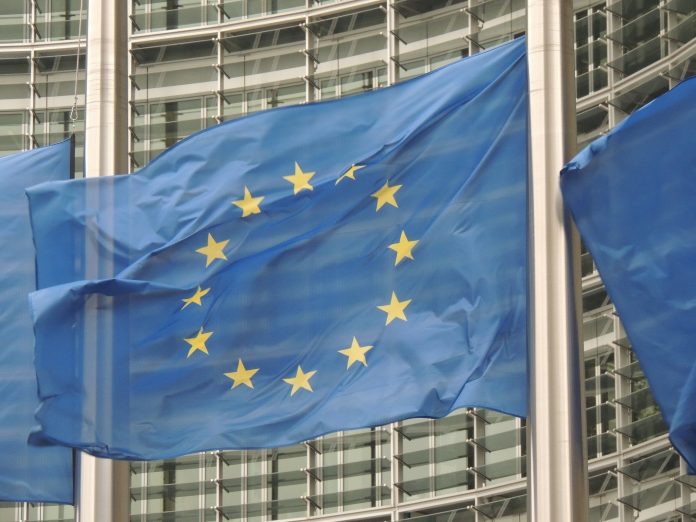The European Commission has opened an in-depth investigation into a tax on the food retail sector in Slovakia. The Commission has concerns that certain exemptions from the tax give some retailers a selective advantage over their competitors, in breach of EU State aid rules.
The investigation opened on April 2 concerns a tax adopted by Slovakia in December 2018, which applies to food retailers that operate in the country. The tax entered into force on 1 January 2019, and the first payment would have been due by the end of April 2019. The Commission has also today issued an injunction, requiring Slovakia to suspend the application of the measure until the Commission has concluded its assessment under EU State aid rules.
Under the tax, food retailers would pay a quarterly tax amounting to 2.5% of their total turnover. However, food retailers would be fully or partially exempted from the payment of the tax, if they fulfil one of several conditions concerning their size, geographic scope of operation in Slovakia and/or type of activities. Furthermore, retailers that are members of trading alliances or franchises would also not pay the tax, despite the fact that their combined turnover is comparable to that of the largest retailers.
The application of these tax exemptions would result in only seven food retailers having to pay the tax – six of them owned by companies based in other Member States. The only Slovak-owned retailer subject to the tax would have a significant part of its turnover exempted.
Slovakia did not notify the tax to the Commission. The Commission started to look into the matter following information it received from stakeholders. In December 2018, the Commission also received a formal complaint alleging that the Slovak retail tax is in breach of EU State aid rules.
The Commission does not question Slovakia’s right to introduce a tax applicable to the food retail sector. At the same time, the tax system should respect EU law, including State aid rules, and should not unduly favour a particular type of companies, for example, companies operating in a smaller number of districts or members of trading alliances.
At this stage, the Commission has concerns that the application of the Slovak food retail tax with its exemptions confers a selective advantage on companies that are exempted from the tax and therefore involves State aid within the meaning of EU rules. The Commission is also concerned that the measure may affect consumers negatively, notably through an increase in prices or a reduction of consumer choice on the Slovak retail market.
According to the Commission’s preliminary assessment, the relevant tax exemptions are not justified by the logic of the Slovak tax system, which is to redistribute retail groups’ profits within the food supply chain to the benefit of farmers and food producers. Slovakia has so far not demonstrated why the companies exempted from the tax are in a different situation compared to the companies paying the tax.
The Commission will now investigate further to determine whether its initial concerns are confirmed. The opening of an in-depth investigation gives interested third parties the opportunity to comment on the measures under assessment. It does not prejudge the outcome of the investigation.
Under EU law, Member States are competent to decide on their taxation systems. However, Member States must also ensure that their tax systems are in line with EU rules. In particular, the application of their taxes should not result in the granting of State aid (a more favourable treatment selectively applicable to certain companies) unless it is compatible with EU rules.

